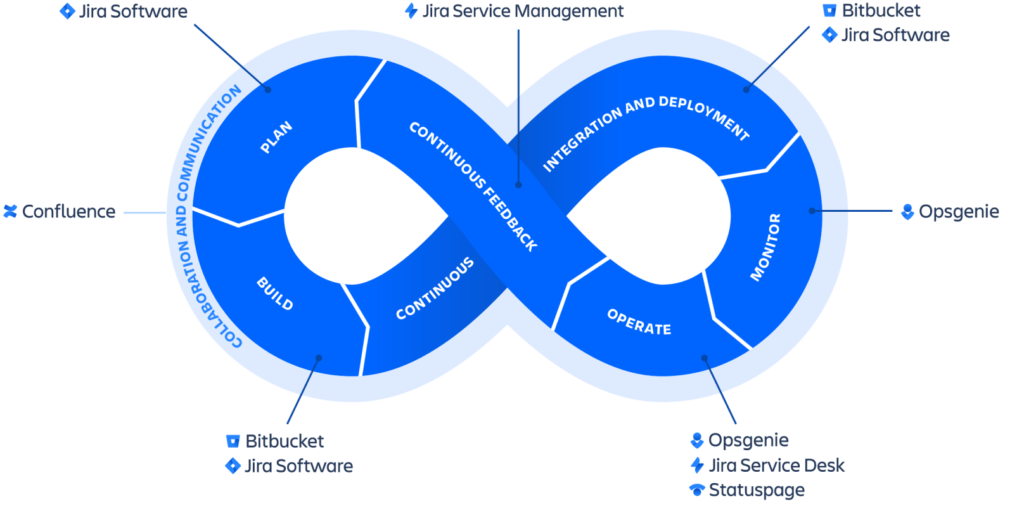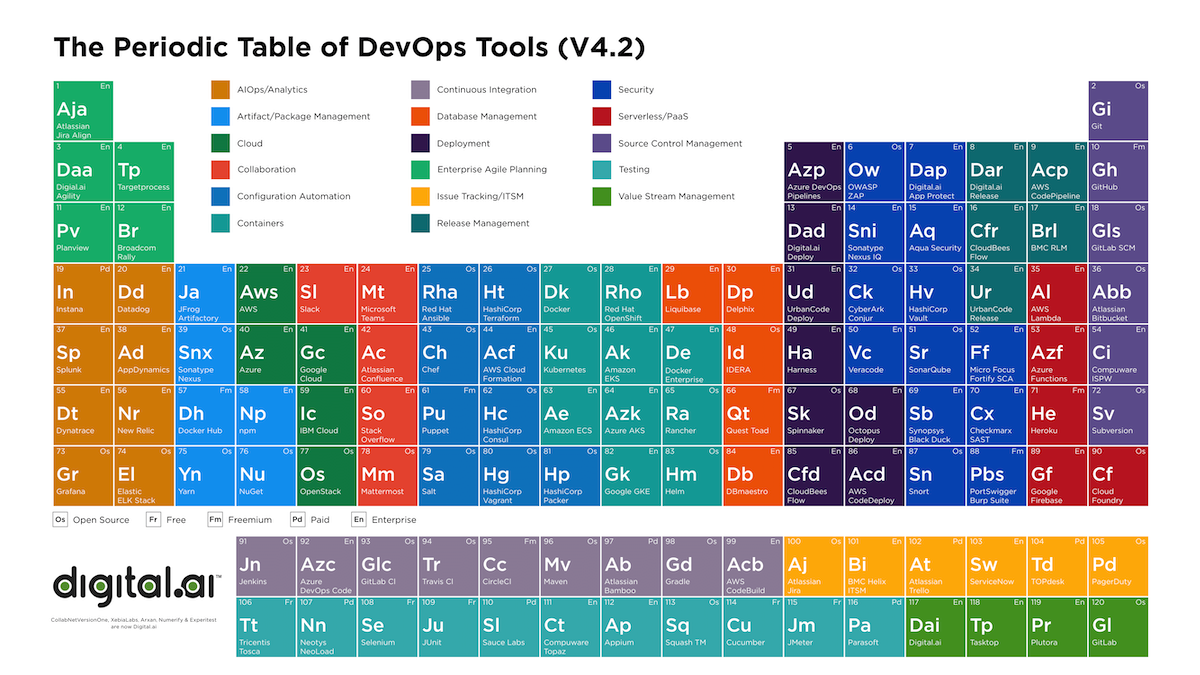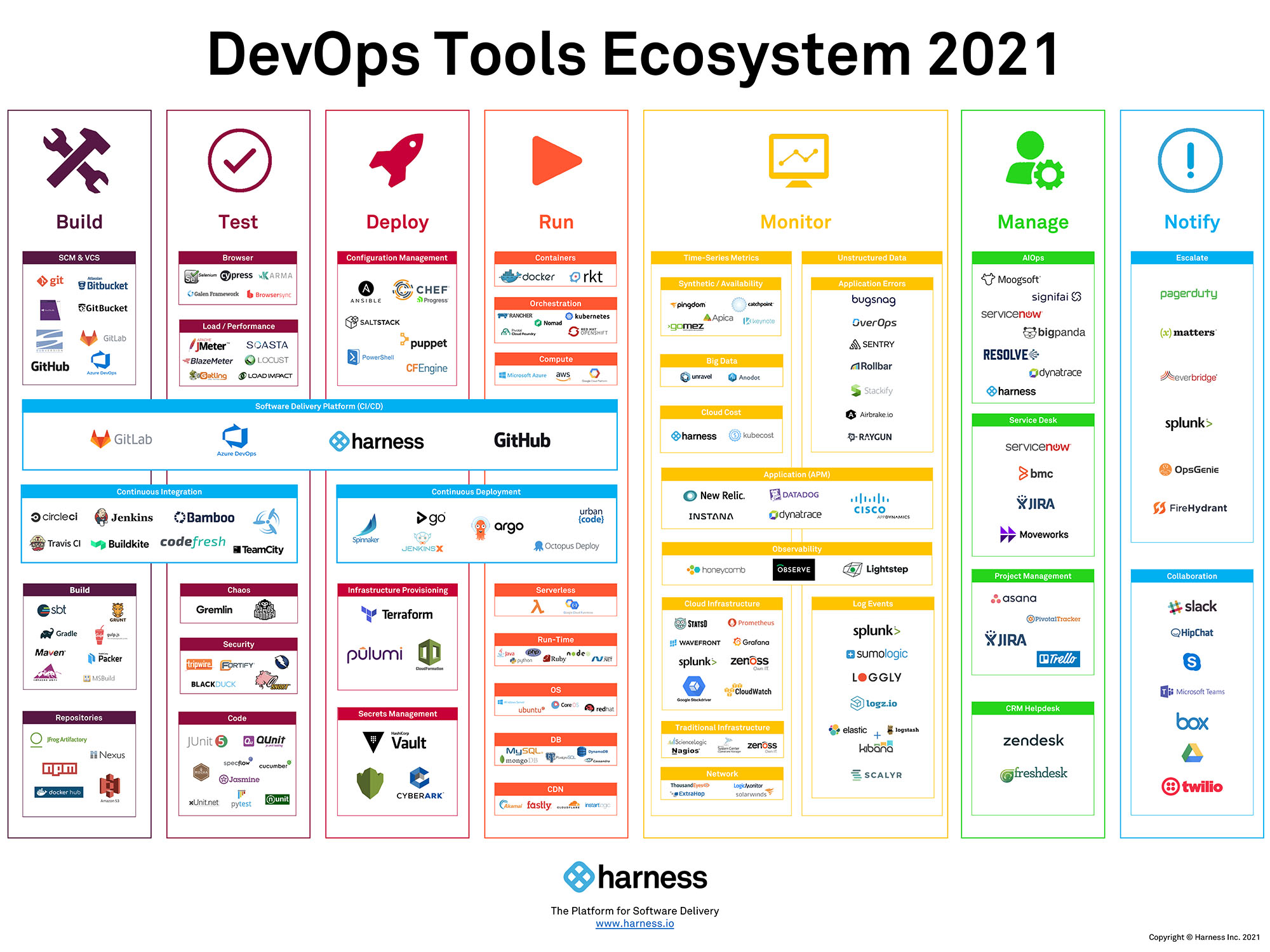Understanding DevOps ecosystem and related CI/CD tools to automate manual operations and apply trending patterns like GitOps, DevSecOps, MLOps, AIOps, DataOps, and many more emerging practices is an essential aspect for Software Architects.
Key Concepts
- DevOps is the capability to build the organizational ability to deliver business value by combination of people, process and technology. Technology is only the part of the system and an enabler but DevOps lifecycle requires invovlement from both people and process perspective.
- Continuous Integration is he practice of automating the integration of code changes from multiple contributors into a single software project. It’s a primary DevOps best practice, allowing developers to frequently merge code changes into a central repository where builds and tests then run.
- Contiuous Delivery is a software engineering approach in which teams produce software in short cycles, ensuring that the software can be reliably released at any time.
DevOps Key Industry Support
- Google publishes State of the DevOps reports for last 7 years with 32,000 professionals worldwide taken part in the Accelerate State of DevOps reports. Click here to read more.
- InfoQ also published a DevOps & Cloud trends report, which can be accessed by clicking here.
- CD Foundation is an open source community improving the world’s ability to deliver software with security and speed.
DevOps Tools
- While there are many providers, here is an example of usage of DevOps tools by Atlassian applying practices:

- Digital.ai produces a periodic table for DevOps tools, which is a good reference:

- Harness.io created a DevOps Lifecycle Mesh depicting phase, lifecycle and completeness in mind as shown below:
To conclude, this technology tip to understand DevOps ecosystem to apply trending patterns is an absolute essentials for software architects and needs to be applied judiciously in a continous manner.
Read blogs on our website for various focus areas
- Software Architecture and Design Patterns
- Emerging Technology Patterns & Trends
- Technology Learnings and Knowledge Sharing


